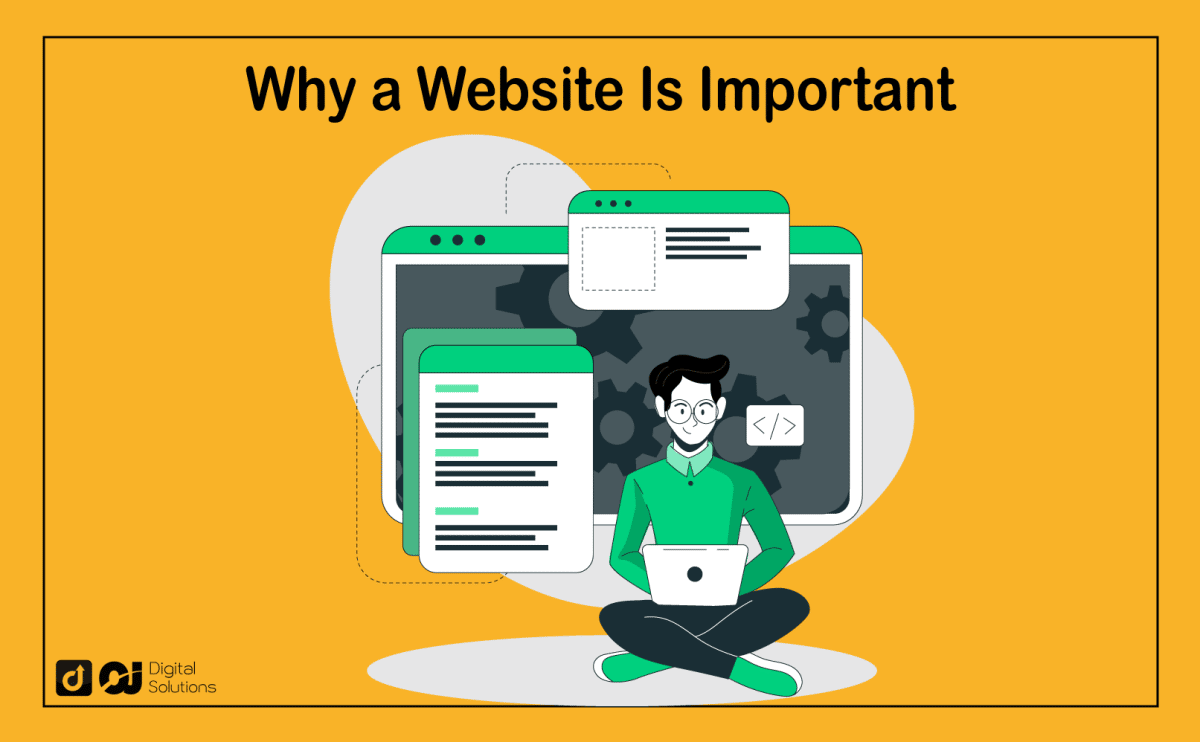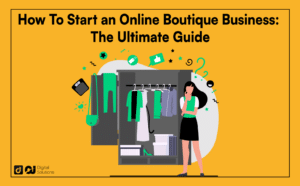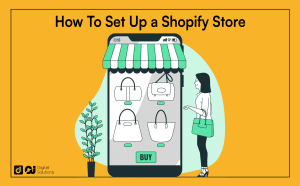Why do most brands have websites? Isn’t social media enough?
The short answer is: No. Social media profiles won’t suffice.
If you’re wondering why a website is important, you’ve come to the right place.
I wrote this article to discuss the importance of websites for businesses. I also provide information on the different types of websites, the things to consider when starting a website, and more.
Let’s begin.
Why A Website Is Important For Your Business
Here are reasons to have a website for your business or brand in today’s digital world.
24/7 Online Presence
You need a website to showcase your business online.
A website provides your business with a 24/7 online presence. With a website, you can also offer round-the-clock services online.
Use chatbots to automate and streamline your support processes if you don’t have the budget to hire 24/7 support staff.
You can also add an FAQs (Frequently Asked Questions) section to your website to answer customers’ questions even when you’re not online.
Ensure your FAQs section contains helpful and reliable information.
Putting helpful information in this section lets visitors know that your business is legitimate and trustworthy. Visitors who trust you are likely to convert into paying customers.
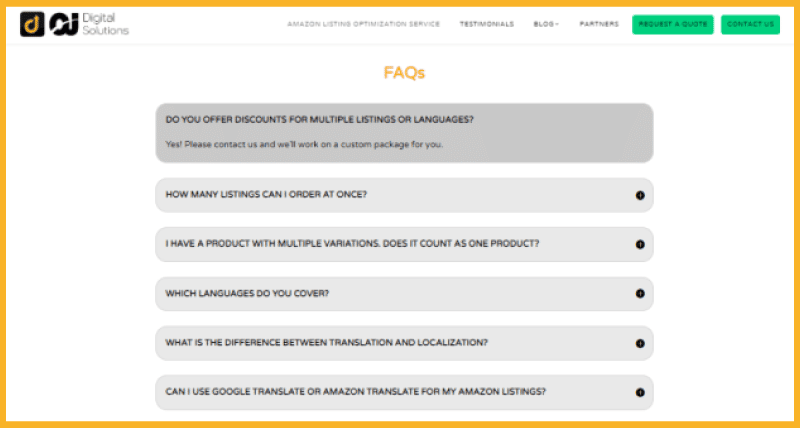
Alternatively, you can add a “Contact Us” button to your website.

Quality Information
A website is a crucial digital marketing tool that allows you to provide easily accessible, high-quality information to your audience.
Use your website to tell your brand story, give product details, and highlight reasons your company is better than the competition.
You can add a search engine-optimized blog page to your website to answer specific questions in your niche.
For example, if you sell smart home products, you can post a blog answering the question, “What is the first smart home product you should buy?”
Posting blog articles answering questions that address specific customer pain points drives organic traffic to your website, allowing you to reach a larger audience.
Brand Building
Social media profiles aren’t enough. Most people search for brands with websites.
The internet is a vast landscape, yet not all companies have a website that people can visit.
The importance of a website is that it lets you stand out from competitors online. Having a website also adds significant legitimacy to your business.
A potential customer is more likely to trust your business if you have a website over a competitor that doesn’t.
Sales
You need a website to drive sales to your business instead of your competitors.
The importance of a website is that it enables you to efficiently market and sell your products.
Use your website to promote your products in various ways.
You can add a product page with professional-quality images displaying all your offerings.
You can also add a blog page and include internal product links in your blog posts.
Adding a “Product Reviews” section to your site is another excellent way to promote your offers. In this section, display the actual positive reviews of customers who’ve purchased from your business.
This section is proof of quality, showing your uniqueness from the rest of the market.
Providing easy access to reviews shows potential clients that you’re trustworthy and your products are high-quality, increasing the likelihood of them buying from your business.
After all, you need to get new customers, not just existing ones.
Growth Opportunity
You need a website because it’s a vital tool for business growth in today’s internet landscape.
The cost of building a website depends on several factors, but prices can range from a few hundred to several thousand dollars.
A strong online presence is of utmost importance, which is why big brands invest significant resources into website improvements.
You can start with a simple, low-cost website with your contact details, product or service info, and basic information.
Only expand your online presence and improve your website once you have the budget.
Here’s how you can grow your website.
Start With the Basics.
Build a website with essential info for users, and include your contact details, descriptions of your product or service, and other must-know information.
It also helps to add an “About Us” page.
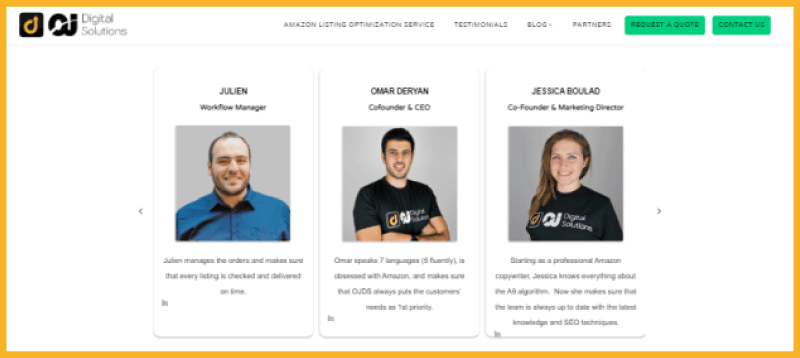
You can also add a separate contact us page with a form for smoother transactions.
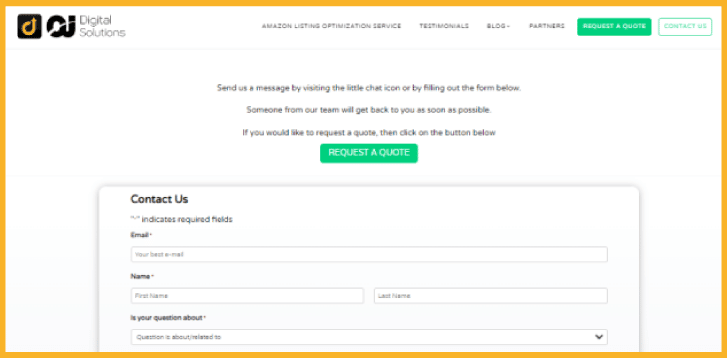
It also helps to explain your entire sales process.
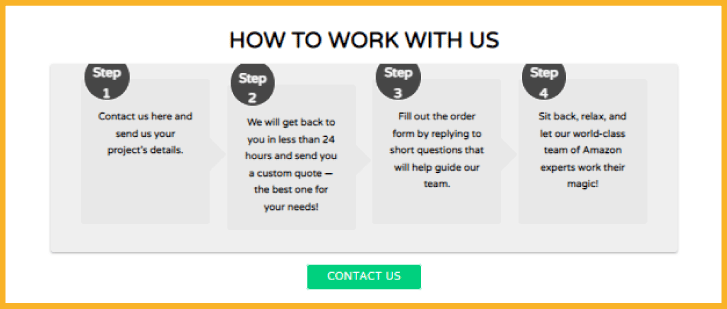
Invest in Your Content.
Never doubt the importance of content in our digital world—it’s still one of today’s most widely-used digital marketing strategies.
A 2021 HubSpot marketing report reveals that 82% of marketers invest in content marketing.
As most marketers like to say, “content is king” on the internet.
The best strategy combines search engine optimization (SEO) and content marketing.
Create SEO-optimized content to improve your rankings on search results and stand out in your specific market.
Most internet users only check the first page on Google SERP (Search Engine Results Page). Furthermore, they tend to view only the results at the top of the page. The brands they see in that area will be the brands they consider.
As such, your goal should be to create content that helps your business rank at the top of search results and be the first company a customer sees on the internet.
If you sell fishing equipment and accessories (fishing rods, tackle, etc.), you can provide relevant information by answering questions related to specific customer pain points.
Create blog content answering questions like “What is the most crucial tool for fishing?” or “What type of fishing rod is best for beginners?”
Posting this type of content on the internet shows your legitimacy and relevance in the market.
The internet is massive. People search for things and ask new questions every day, so you’ll never run out of content to publish.
One strategy you can implement is finding keywords with low competition or questions that only a few websites have answered.
Build your content around these keywords or questions to position yourself as an authority on specific topics. Doing so makes it easier for you to rank at the top of search results, drive traffic to your website, and get more leads.
Transform Your Website Into an Ecommerce Store.
Some brands already start with an ecommerce website, but others wait before transforming their website into an ecommerce store.
Note that an ecommerce storefront isn’t the ideal solution for every business.
Small businesses with tiny budgets may be unable to afford the cost of running an ecommerce website, including ongoing costs for necessary tools and software (Search engine optimization tools, Keyword software, digital marketing software, and more).
Charge a Membership Fee for Premium Services.
Your company can make money by charging people for access to premium content. This content can include early access to new products, newsletters, or even lifetime product discounts.
Amazon Prime made $25.21 billion in 2021 just from subscription fees.
The Different Types of Websites
You need a website that matches your business type, products, and goals.
Using the correct professional website helps you retain existing customers and attract potential customers.
Here are the different types of websites.
Ecommerce Website
An ecommerce website enables you to sell to local customers and those in other countries.
Depending on the ecommerce functionalities on your website, you can also cater to national or international customers.
An ecommerce website acts as a modern marketplace for customers, letting them order directly from you instead of from third parties.
Business Website
A business website is vital for ranking on search engines.
A business website is an excellent marketing tool because it helps drive organic traffic and allows you to develop a solid online presence.
Blog Website
A blog website for your business lets you publish articles containing information relevant and helpful to customers in your niche.
Running a blog is an effective content marketing strategy for driving natural traffic to your website and improving your ranking on Google search results.
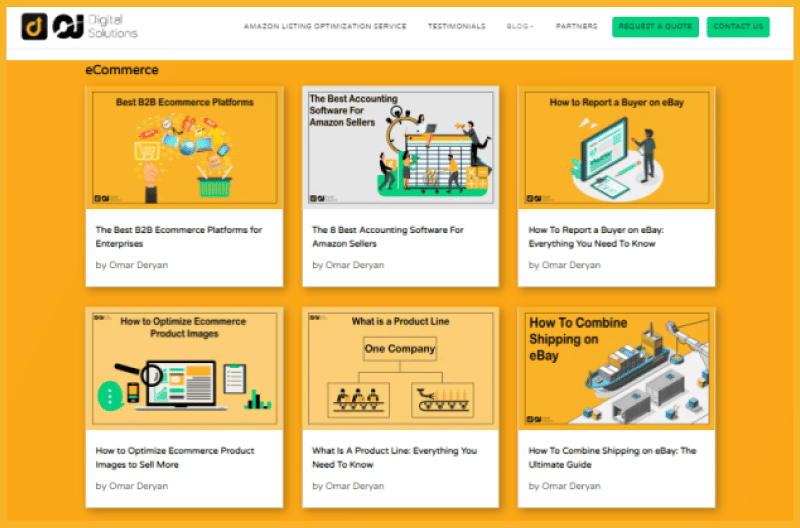
Regularly publishing content involves continuous effort and investment.
Determine whether a blog can result in a positive ROI before starting one.
Portfolio Website
A high-quality portfolio is critical for service-based businesses.
Portfolios can help small businesses showcase the quality of their work to prospective customers, especially your most qualified customers (qualified leads).
Qualified leads are potential customers with a high likelihood or intent of buying.
Add a testimonial section to your portfolio website to further highlight the quality and reliability of your services.
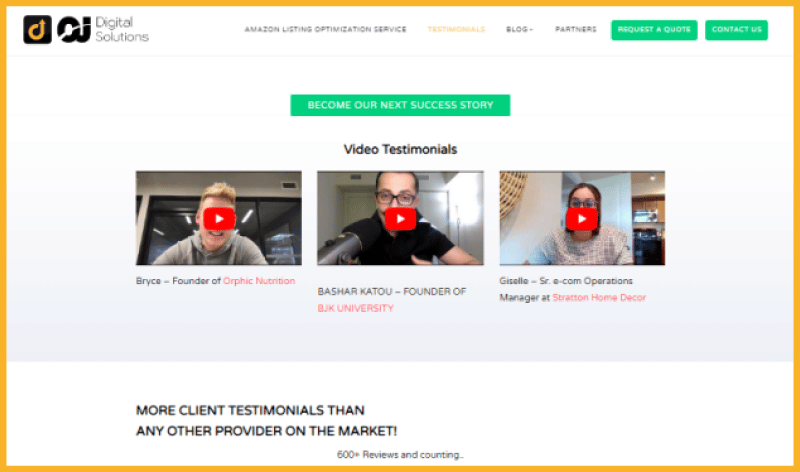
Event Website
An event website is a custom website highlighting a specific event.
You use event websites as one of your marketing strategies by highlighting a recent event to attract new clients.
Personal Website
A personal website can benefit your company if its image relates closely to you.
This type of website can make your business look more authentic and help you foster deeper connections with your customer base.
You can use a personal site to share announcements, products, or messages with your audience.
Membership Website
Many businesses use marketing strategies that involve membership websites, which offer people exclusivity via membership.
A membership site is an excellent tool for building loyalty. Use it to provide exclusive content, promotions, deals, and discounts.
Nonprofit Website
Charity organizations build nonprofit websites to support good causes.
A nonprofit shows vital information like the progress of the non-governmental organization’s (NGO) work. The NGO can also use this website to generate donations.
For example, an NGO or charity organization can use a website to share the progress of its feeding program in a specific country. The NGO can also use a nonprofit website to ask for donations online to help the organization continue its work.
The NGO can also share outreach documentation and contact details.
Information Website
You need an information website if you sell something that relies on critical information.
An information website lets your business explain a process, give instructions, or provide urgent announcements.
Online Forum
An online forum enables your company to communicate directly with clients.
Use an online forum as a marketing technique to gain insights into the market and determine customer preferences, behavior, and pain points.
When Should You Build a Website?
Websites can be costly, especially for startups or entrepreneurs with little capital.
The good news is that you can still take advantage of a website by launching it in tiers.
Upgrade your website once you have the budget for expansion.
Ideally, businesses should have a website from the start. However, it’s understandable that others wait due to budget constraints.
Here are some indicators to help you decide whether or not you need a website.
Customers Are Asking For Proof.
While social media is essential for businesses, running social media pages on various platforms isn’t enough.
Social media pages don’t provide the level of authenticity that a professional website does.
A website can help you quickly share positive reviews, high-quality product images and descriptions, and blogs with helpful information with the rest of the world.
You Struggle to Reply.
Dealing with a few daily queries is fine, but what happens when your business gets overloaded with inquiries?
When you deal with more people than you can reply to, the solution is starting a website with an FAQ section or automated customer support via a chatbot.
Third-Party Fees Are Too Much.
If you sell on an online marketplace like Etsy or eBay, third-party fees can get in the way of your profits.
Start your own website when third-party fees end up reducing your profit margins.
Other Platforms Are Unreliable.
Does your business have specific needs that third-party platforms can no longer provide? Your best bet could be starting a website.
The good thing about a website is that you are in complete control.
You can have developers engineer the features you need for your business.
You Want To Expand Your Business.
Websites are excellent tools for business growth.
You can use your website to earn profits via Google ads, sponsored posts, and more.
You can even use your website to work with other businesses and use affiliate links to promote their pr.
Factors to Consider When Starting a Website
Custom websites don’t all have the same quality.
Some websites have poor design, lousy UI and UX, or a complete lack of responsiveness.
Consider these factors if you want to build a high-quality website.
Company Information
This section is a crucial part of your website.
You should have dedicated pages explaining the following:
- Your company (About Us)
- Your products or services and how to purchase them (Product Page)
- Your value proposition, or why you are better than the competition (a “Why Choose Us” page)
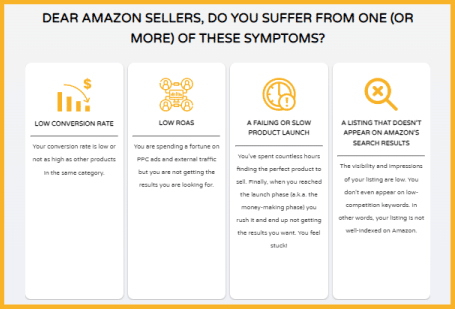
Ensure you add your contact details and links to your social media.
Authenticity
Volume doesn’t always mean quality, and sometimes publishing a lot of content can damage your business.
Avoid posting overly promotional content since it generally turns people off. Your content should always provide relevant and helpful information to the people in your niche.
User Interface (UI) and User Experience (UX)
Your website should be clean, straightforward, and easy to navigate.
It should also be mobile-optimized.
A website with poor UI and UX will make people leave instantly and never return, making you lose out on potential customers and sales.
Theme
The theme on your website should match your business’s branding.
For example, if your business logo has a blue-and-white theme, your website should have a similar theme.
Building a website using red and gold wouldn’t make sense because they don’t match your existing branding.
Creating a website with a different theme will make people think it’s another business altogether, making them wonder if they visited the correct website.
If you run a law firm, your business should have a professional and trustworthy look. It shouldn’t have many bright colors and fun images that pop out to visitors because that doesn’t reflect a competent and experienced law firm.
Type of Website
Ensure you use the appropriate website type for your business.
If you run a lawn care business, it wouldn’t be a good idea to start an ecommerce website with a virtual storefront.
A portfolio website with high-quality images of your previous work, positive customer reviews, and complete contact information is a much better option.
Call to Action (CTA)
A CTA is often a button within the website that drives visitors or users to perform a specific action.
CTA buttons could be for purchasing a product, signing up for a newsletter, or requesting a quote, like in the image below.
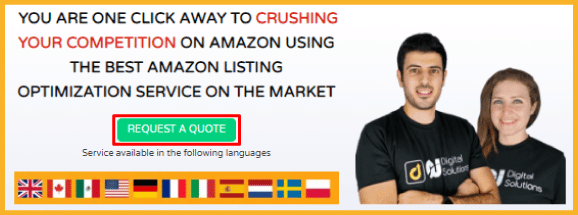
There can be multiple CTAs on your website.
Maximizing CTAs by placing CTAs for product purchases, contacting your business, joining an email list, and more throughout your site.
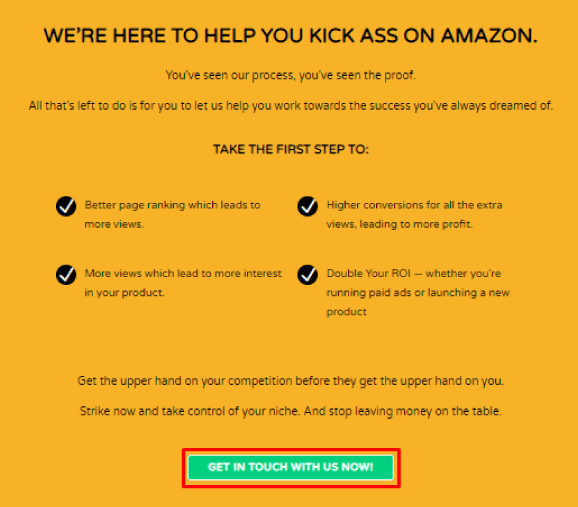
Interaction
Provide ways for customers to contact your business.
In addition to including your contact information, add a submission form on your page where customers can ask questions and give your contact details. This form lets you get back to your customers with answers to their queries.
You can also add chatbots to your website.
Offering several methods of communication ensures you communicate with customers regardless of the time.
Speed and Security
A good website is secure and fast.
A high-quality hosting service and responsive web design can help you achieve speed.
You’ll need several elements for security, such as a reliable content management system, a secure web host, an SSL certificate (HTTPS), and continuous security updates.
The Bottom Line
Hopefully, my article has shown you the importance of having a website for your business.
Don’t worry if you don’t have the budget for an expensive website with various functionalities. Start your website today and make minor improvements later. You can expand your site when you’re financially ready.
You can also visit my blog for more business tips and strategies.

